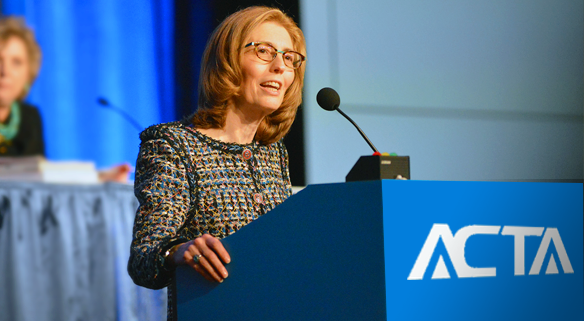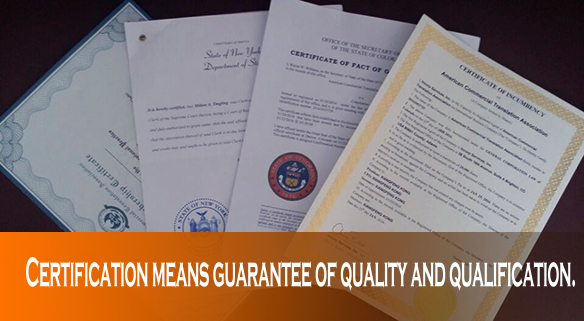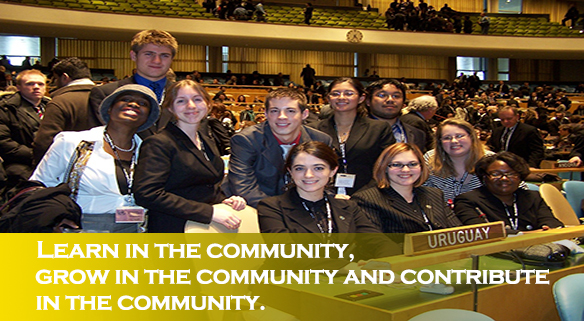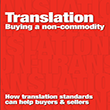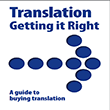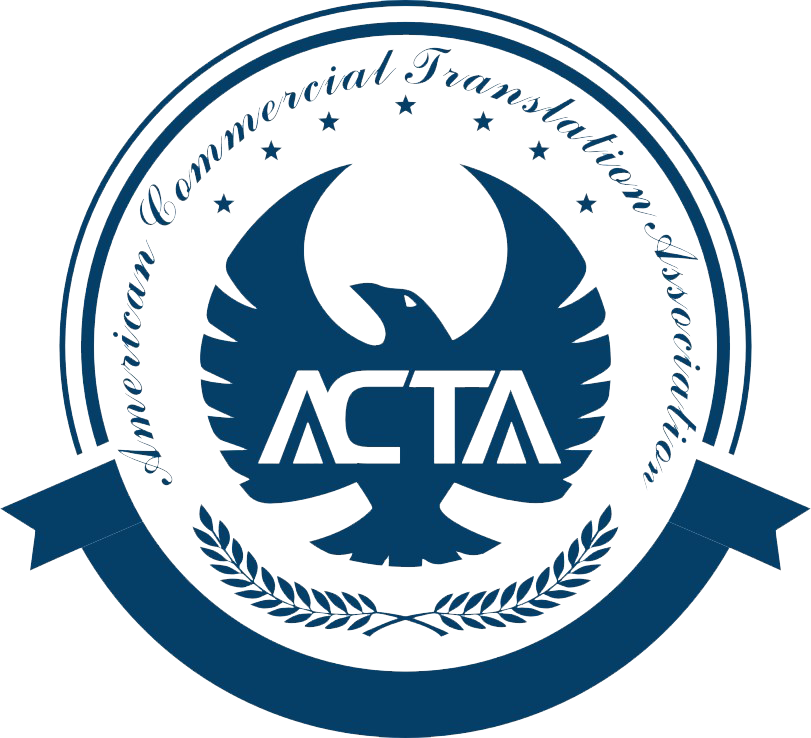- Association Introduction
- News & Insights
- International News
- Member Introduction
American Commercial Translation Association (ACTA) is located in Colorado, United States of America; and formally known as commercial translation association (CTA) with the members coming from American Chamber of Commerce, professors of various colleges and universities, senior translators and translation companies.
At the preliminary period, CTA was affiliated with American Chamber of Commerce, the largest commercial association in America and provided 3 million members with business translation and interpretation services.
From the year of 1995, the establishment of WTO, CTA, as a non-government association has been devoted to providing business translation services which promote business exchange, personnel communications, business cooperation, meeting services and other aspects among American enterprises and country members of WTO, playing an important role in trans-country trading communication and business cooperation while obtaining general recognition from the government, translation association, enterprises and colleges and universities with comprehensive influences and international authorities.
The permanent body of CTA gradually reaches out of America with growing influence. From 2010, the international translation association, namely American Commercial Translation Association began to be prepared and ACTA was established in 2012. ACTA adopts membership management system and the unit members include 120 organization member in over 60 countries and regions around the world. In 2016, China officially became an organizational member of the council.
Organization structure:
ACTA constitutes of seven institutions, including the secretary department, the standing committee, qualification verification committee, union of universities, union of business associations, united committee of joint industries and overseas marketing center, and the institutions as a whole are responsible for coordinating various association affairs in and outside of America. The overseas marketing center is responsible for the establishment of subordinate organizations in mature member countries
Mission of ACTA:
Protect mental and material interests and intelligence properties of business translators;
Promote the identity acknowledgement of the translation industries from the society and enhance the status of translators in the society;
Discover, cultivate, and integrate application translation talents who conform to modern business demands;
Standardize international business translation criterion and promote the professional development of business translators;
Facilitate the close association and effective labor division of business documents translation among translation companies of the world;
Supporting the enterprises:
ACTA is committed to the promotion of the comprehensive service of internal translation talents in the translation enterprises. ACTA provides company and personal members with the internal training, which greatly increases the language services and the cultural adaption ability of translators and plays an important role in American enterprises’ integration into overseas area. In 2000, ACTA is entrusted by American Chamber of Commerce to take charge of business translation profession verification and professional training for internal translators of various enterprise members of American Chamber of Commerce.
Industry exchange:
ACTA takes the normalization and standardization of translation of business documents as the main duties and devotes efforts to improve the preciseness and effectiveness of business communications. ACTA has unified the inter-language translation standard of Hindi, Portuguese and Russian business documents; greatly promoted the business communication among American Chamber of Commerce, American Iron and Steel association, American Procurement Association and various commerce chambers and the BRIC (except China); enhanced the integration of the translation industry.
Cooperation with Universities:
ACTA carries out the training of business language ability and fundamental translation ability, participates in reviewing the foreign teaching materials, and improves the normalization of the business education system, cooperating with University of Colorado, Harvard Commercial College, MIT Sloan School of Management and other commercial colleges.
ACTA compiles the supplementary materials of the business translation together with various translation colleges and ensures that the trainees reach the latest requirements of the business translation. The cooperation colleges and universities include Monterey Institute of International Studies, University of California Berkeley, Columbia University, University of Pennsylvania, and University of Chicago.
In order for more overseas students in America and language learners to understand the translation industry and access professionals and managers in translation industry, ACTA unites ESL training school to hold various language exchange activities.
Convention organization:
ACTA holds the industry summits annually and invites outstanding related persons from translation companies, advanced translation colleges and transnational enterprises to share the business translation knowledge, industry trends and latest achievements among the industry for the purpose of mutual development.
Professional certification:
International business translator: The certification of profession issued by ACTA is classified into four levels: Primary, Middle, Advanced and Senior. The certificate is approved by US Department of Commerce and notarized by China Embassy in New York of America. The certificate has international authority and is the essential precondition for the key posts of international exchange business.
Development in China:
In Mar. 2016, China officially became the member of council;
In Apr. 2016, China was granted the qualification for the certification of the translation profession by ACTA through assessment;
In May 2016, ACTA Certificate Center of North China was established.
- SWATI 2016 - California University View | 2016-10-11
- Webinar series View | 2016-09-14
- ACTA Sam Worthington Award View | 2016-07-20
- ACTA Freelancer Awarded View | 2016-07-14
- FIT Roundtable View | 2016-10-11
- Transitioning from Cl... View | 2016-09-13
- Europe Translating survey View | 2016-08-16
- ATIO 2016 ANNUAL GENERAL MEETING View | 2016-07-20

- Michael Williams
- American Literature
- Master
- United States
- michaelart@outlook.com
- Arts, Literature and Media
Member Overview
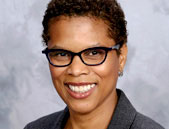
- Julie Smith
- Business administration
- Bachelor
- United States
- businessqueen@gmail.com
- Business contract
Member Overview

- Susan White
- International law
- Master
- United Kingdom
- susanwhite@gmail.com
- Corporation legal issues
Member Overview

- David Martin
- Finance
- Master
- United States
- martin_finance@hotmail.com
- Corporation Acquisition
Member Overview
UPCOMING EVENTS
ACTA Prizes and Awards
One of the most important and widely recognized functions ACTA fulfills for its member associations is the awarding of ACTA prizes and awards at ACTA World Congresses Being selected by an international jury to receive an ACTA prize or award signifies2016-08-18
FIT 15th Anniversary
Multilingualism is one of the key pillars of the European Union and the centerpiece for its engagement of and with citizens from its 28 Member States and across 24 official languages EU is also one of the leading centers of excellence in translation2016-11-15
2017 ITD Theme of ACTA
International Translators’ Day is just one of the important ways ACTA reaches out to the public and international translator and interpreter community The theme for 2016, Translation and Interpreting: Connecting Worlds is perfectly captured and2016-11-30
COUNCIL TO BE Held IN COLORADO
Addressing Global, Regional and National issues from the seat of ACTA This is the voice of associations of commercial translators, interpreters and terminologists around the world The meeting agenda includes2017-01-02
Future Annual Conferences
Future conference sites are selected five years before the actual conference dates Check out the schedule and locations now, and then make your plans to attend Future ACTA Conference Sites & Dates Mark Your Calendar where necessary San Francisco,2017-02-08
